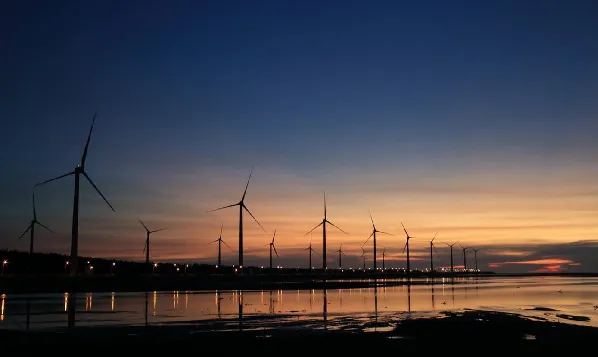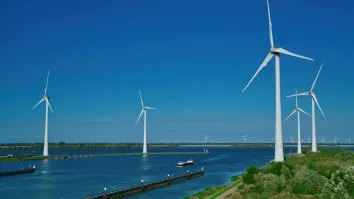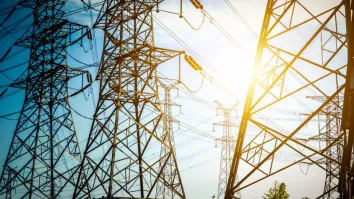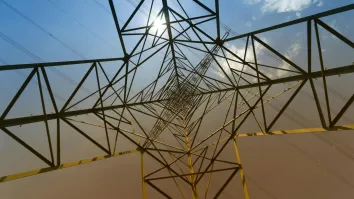
These are the flaws in Japan's energy strategy for 2030
Building a new energy system will be difficult as it needs US$158tr investment.
Japan unveiled an "innovative energy strategy for 2030" which aims to expand energy investment through energy system reform and realisation of energy mix, support to achieve GDP target of JPY600tr in the growth strategy, and enhance energy efficiency and contribute to suppression of CO2 emissions.
However, Yoshimasa Kusano, senior manager at Kyocera Corp cites three issues with the country's strategy. "Problems with Ministry of Economy, Trade and Industry's innovative energy strategy for 2030 are thorough energy saving, expansion of renewable energies, and building a new energy system. METI eyes an efficiency improvement of 35%, this is a challenge as we will have to involve players not just in the industrial sector but those in commercial sector as well, and of course those in the residential sector," he said in a speech at the World Smart Energy Week 2017.
METI, he said, also targets a renewable energy share of 22-24% in the power mix, but the compatibility between maximum introduction and reducing national burden, and maximising the introduction of renewable energies is yet to be fixed.
Lastly, Japan must also focus on the activiation of retail market, which will entail an investment of JPY18tr (US$158tr). A balance must be achieved between new businesses while making sure that C02 emission is reduced.
"On top of these, Japan must realise that economic power supply structure and a competitive retail market is still in the works. To solve this, there should be further activation of wholesale power market (a kWh value trading market)," he added.
The World Smart Energy Week 2017 is currently being held in Tokyo, Japan from March 1-3, 2017.



















 Advertise
Advertise







